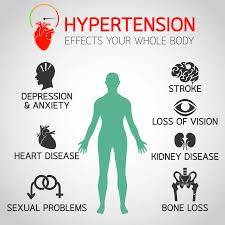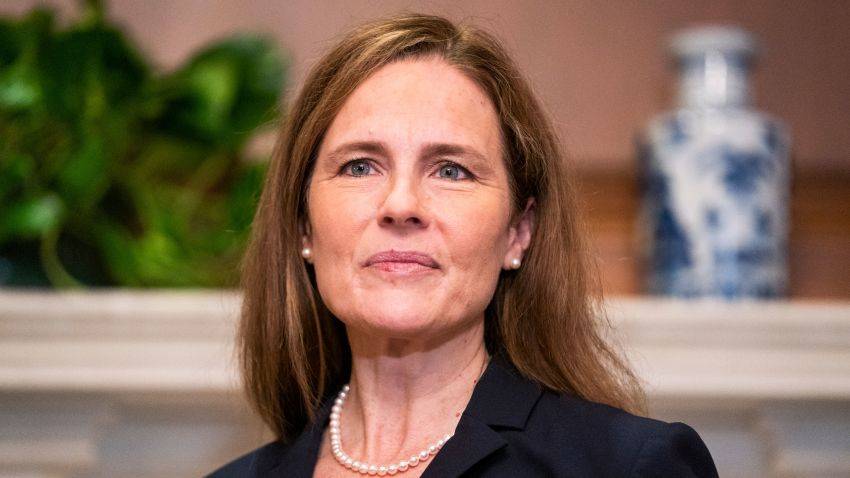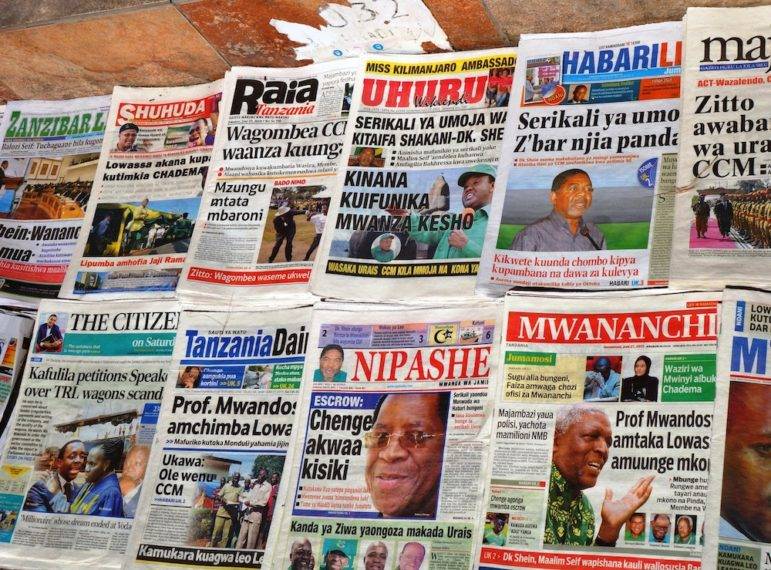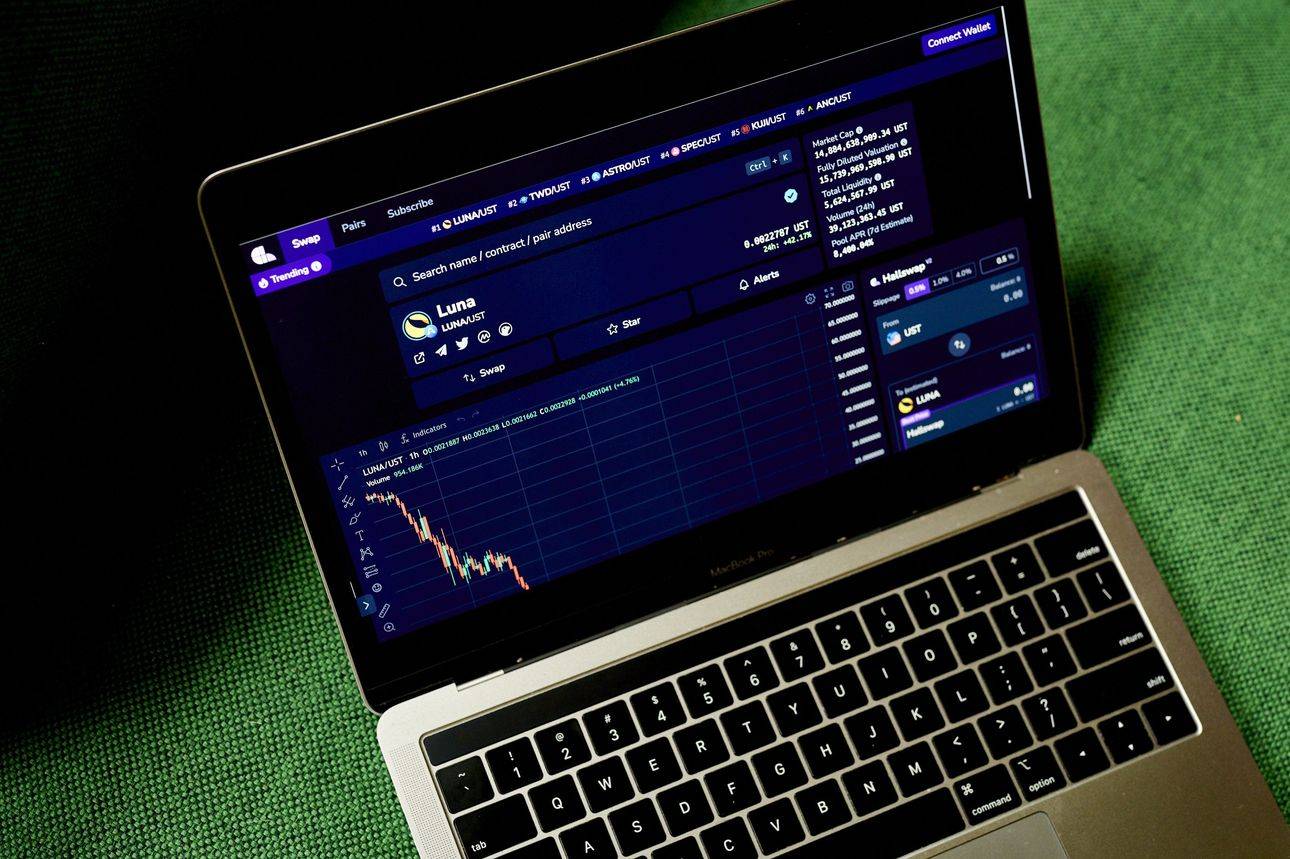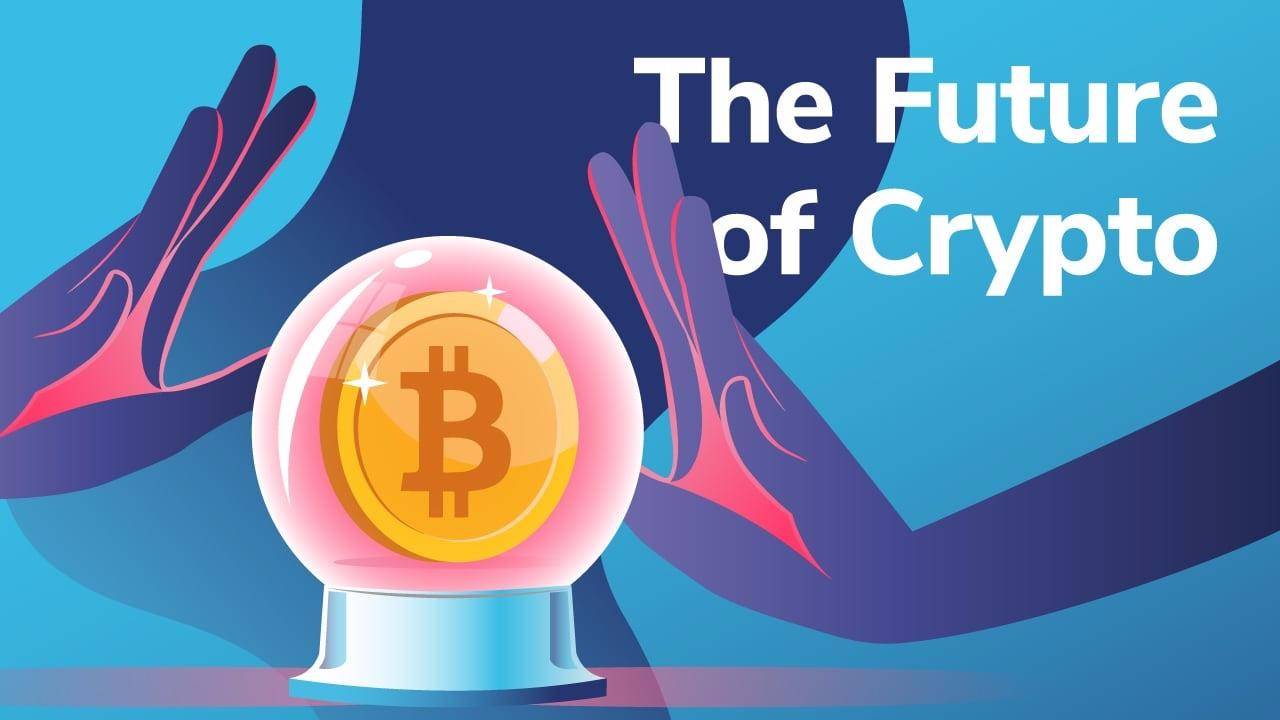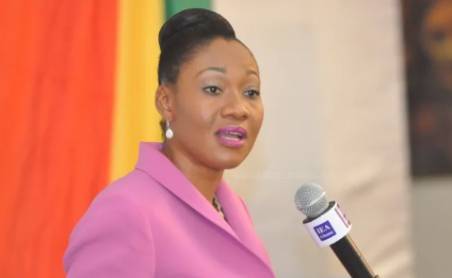Prof. Ebo Turkson, an economist, has asked the Finance Minister to utilise the presentation of the mid-year budget to announce the suspension of the Electronic Transfer Levy (E-Levy).
When the levy was first proposed in the 2022 budget, it was projected to bring in nearly $6 billion. However, because the policy's passage into law was delayed, the government was compelled to lower the charge from 1.75 percent to 1.5 percent.
A close friend of the president, Gabby Octhere-Darko, revealed in June of this year that the levy had underperformed, bringing in only 10% of the expected income of $600 million.
Prof. Turkson stated the government should eliminate the tax in order to increase the use of the mobile money platform. After that, the government may charge telecoms. Prof. Turkson was speaking on PM EXPRESS on the Joy News Channel. "I don't believe we should look at the e-levy. I anticipate the e-levy being eliminated by the finance minister in the mid-year budget," he stated.
He claims that the decline in the anticipated e-levy revenue proves that consumers were avoiding electronic money transfers, which might have an impact on the revenue streams of telecom companies.
"The telecoms' profitability is affected when the number of their customers declines. If the government is going to tax their earnings once again, less money will be collected in taxes.
Prof. Turkson claimed that it will be more prudent economically to promote the usage of digital platform payments by more people in order to increase revenue for telecommunications so that the government may tax them.
Prior to a meeting with IMF employees, Prof. Turkson recommended the government to take urgent action to implement policies that will transform the structural makeup of Ghana's economy by investing in industry and agriculture.
He claims that making investments in these sectors will lessen Ghana's dependency on importing necessities like food. According to him, doing so will enable the nation's fiscal deficit drop below 5% while its GDP expands over 5%.
Prof. Turkson cautioned that if the existing economic system is not altered, Ghana runs the danger of contacting the IMF in the future.
 blogpay
blogpay









